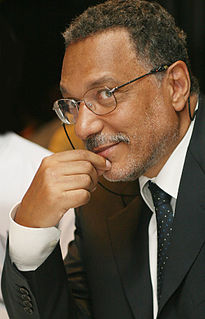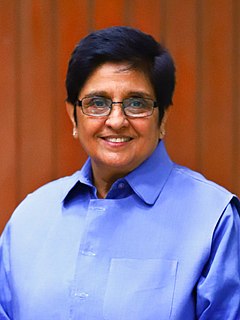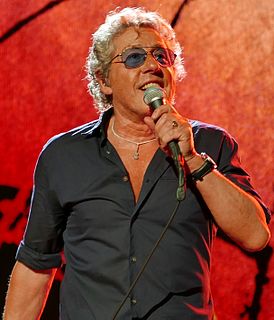A Quote by Sri Mulyani Indrawati
If Indonesia improves governance of the fisheries sector and invests in large-scale maritime transport, it can double fish production by 2019.
Quote Topics
Related Quotes
In the Java Sea in Indonesia, I have seen fishers going out in the morning, six of them going out and coming back with five pounds of fish. That is the end point, a pound of fish per person per day to sell for rice. That's where fisheries go if you let it happen. That's where it stabilizes. These people cannot feed their families.
There is an urgent need for regeneration of fisheries and fostering a sustainable fisheries programme. What I mean is, designing new fishing vessels and nets so that they do not disrupt the fish lifecycle by catching young ones and also do not destroy sea grass beds, which serve as habitats for dugongs.
Small-scale fisheries should not be favoured over large-scale operations ebcause of romantic notions of rugged small operators battling both the elements and anonymous corporations. [They ought to be supported] because of the scientific evidence available to confirm the common-sense inference that local fishers, if given privileged access, will tend to avoid trashing their local stocks, while foreign fishers do not have such motivation.
In respect of Indonesia, I am determined to be the best possible friend of Indonesia that I can be, consistent with my overriding duty to protect our country. We would never do anything that was damaging to Indonesia, because we want Indonesia to flourish. We want Indonesia to take its rightful place as one of the really important countries of the world, as it will, sooner or later.
The very large units of production and exchange have access to credit on a large scale, sometimes without any cover at all, merely upon the prospect of their success, and always upon terms far easier than are open to their smaller rivals. It is perhaps on this line of easier credit that large capital today does most harm to small capital, drives it out and ruins it.



































